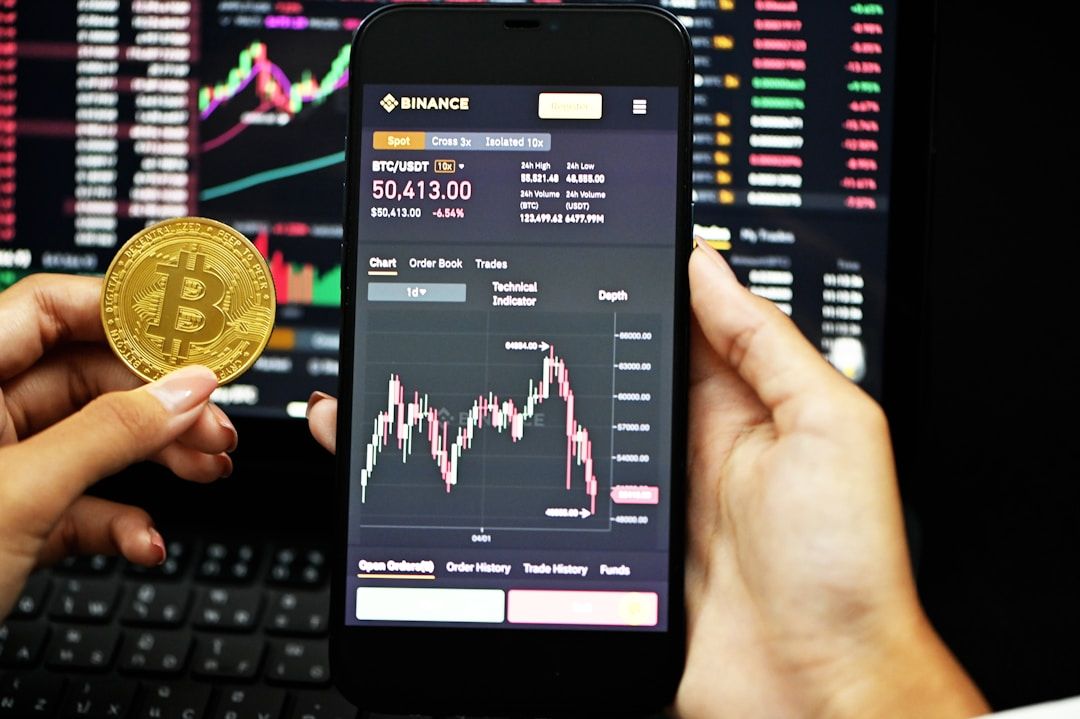1. DeFi Meaning in Cryptocurrency
Decentralised Finance, or DeFi, refers to a broad category of financial services built on blockchain technology that operate without banks, brokers, or other traditional intermediaries.
In DeFi, the rules and execution of transactions are handled by smart contracts—self-executing programs that live on blockchains like Ethereum, Solana, and Polygon. This enables people to lend, borrow, trade, invest, and earn yield directly from their crypto wallets, 24/7, from anywhere in the world.
2. How DeFi Differs From Centralised Finance (CeFi)
Control: In DeFi, you control your funds via your own wallet and private keys. In CeFi, your funds are held by an institution that acts on your behalf.
Access: DeFi is open to anyone with an internet connection—no KYC or account approvals required (though some regions regulate access). CeFi often requires identity verification and operates within national boundaries.
Transparency: DeFi transactions and smart contracts are public and auditable on-chain. CeFi operates behind closed books.
Fees & Efficiency: DeFi can reduce costs by cutting out intermediaries, though network fees may apply.
3. DeFi Protocols Explained
DeFi is powered by protocols—open-source platforms that handle specific financial functions:
Decentralised Exchanges (DEXs): Uniswap, PancakeSwap, SushiSwap allow peer-to-peer token swaps without an order book.
Lending & Borrowing Platforms: Aave, Compound, MakerDAO let you deposit crypto to earn interest or borrow assets by posting collateral.
Stablecoins: USDC, DAI provide a stable store of value for transactions and DeFi operations.
Yield Aggregators: Yearn Finance, Beefy Finance automatically move your funds to the most profitable strategies.
Derivatives & Synthetics: Protocols like Synthetix offer tokenized versions of stocks, commodities, and indexes.
4. Benefits of DeFi
Global Access: Open to users anywhere in the world.
Financial Inclusion: Offers services to the unbanked or underbanked.
Programmability: Developers can build new products quickly using existing smart contract infrastructure.
Interoperability: Protocols can connect, creating “money legos” that allow complex strategies across multiple platforms.
5. Risks of DeFi
Smart Contract Bugs: Flaws can be exploited to steal funds.
Market Volatility: Collateral values can drop quickly, triggering liquidations.
Rug Pulls & Scams: Unvetted projects can vanish with investor funds.
Regulatory Uncertainty: Laws are evolving and can impact protocol operations.
6. Learn About DeFi with a Structured Approach
Diving into DeFi without preparation can be overwhelming and risky. A crypto DeFi course can help you:
Understand core DeFi concepts and protocols.
Learn wallet security and best practices for interacting with smart contracts.
Compare platforms and identify credible projects.
Education is the best investment you can make before committing funds.


